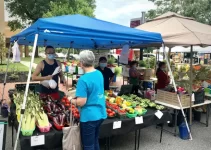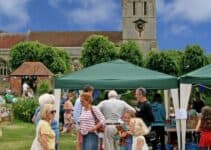Most people might think the difference between a village and a suburb is quite obvious. But it might surprise you to learn that there is quite a grey area about what a defines village.
And it may surprise you even more, that many of Britain’s biggest villages could also be considered suburbs of towns or cities.
What is the difference between a village and suburb? The difference between the two is not as easy to define as it seems. It’s also complicated by the fact that many locations that claim to be villages look very much like suburbs. And what we might consider to be a village – pretty, rural communities– are only part of the story.
But to get a greater understanding of the similarities and differences between villages and suburbs, we’re going to have to delve a bit deeper.
Is a Suburb a Village?
There’s no straight answer to this – it’s yes and no. Mostly, the answer is no. But there are lots of villages that were once separate communities that have been absorbed by local towns or cities as they have grown over the years.
Let’s take Twickenham. Now, Twickenham is a suburban district of London – its ceremonial county is Greater London. But the Twickenham Green area is a relic of its village history.
In fact, Twickenham was still a hamlet until the 17th century and only increased in size during the Industrial Revolution.
Suburban Village
It was an easily accessible place for the rich to escape to when the smells and smogs of London factories got too much for them. The River Thames helped as a handy means of transport from the city to more pleasant surrounding areas.
But it isn’t only the growth of the British capital that has swallowed former villages. Rawmarsh in South Yorkshire, one of the largest villages in England, now looks very much like a suburb of the town of Rotherham.
There are very few clues about the area that it was once a village. It is residential and industrial and there’s very little that could be considered quaint about it. And yet, Rawmarsh still clings to the title ‘village’.
Of course, such claims are controversial. And that’s where the lack of official guidelines about what defines a village becomes a problem. So it seems far easier to say what a suburb is.
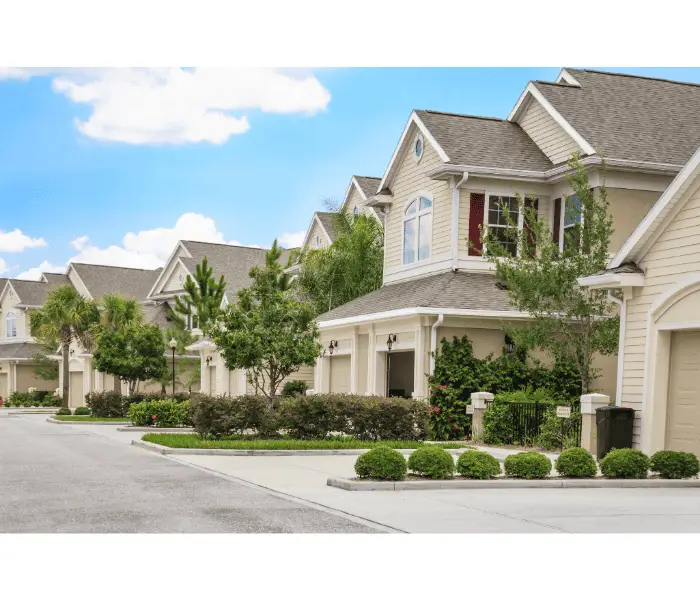
Suburb meaning
We may not have a definitive guide to what a village is, but suburbs are easy enough to define because of the meaning of the word. The Latin root of the word ‘suburb’ simply means ‘near the city’.
And so any area that is adjacent to a city or town can be called a suburb.
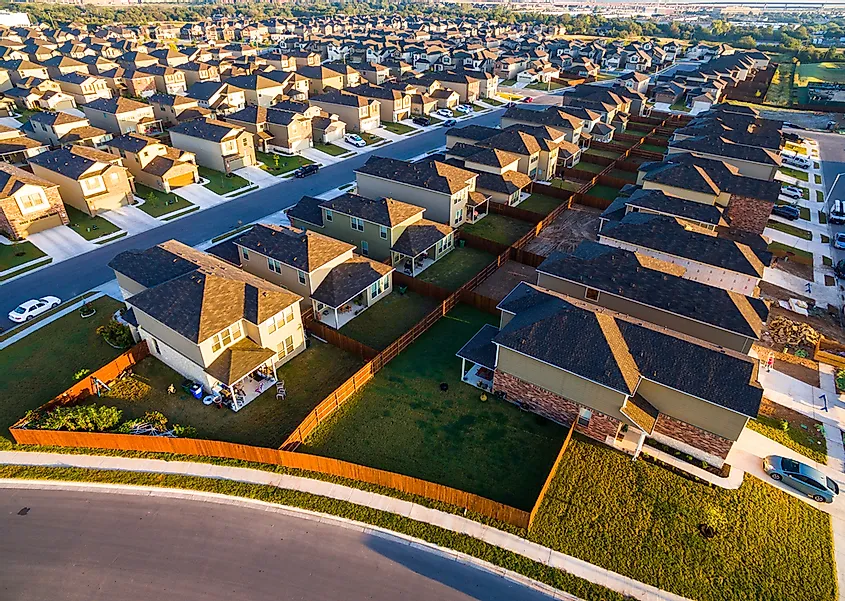
What is a Suburb?
Most of the time, suburbs are synonymous with residential areas for those who work in the city. Of course, suburbs today look very different to how they did a hundred years ago.
You only need to think of popular culture to think of how suburbs have changed over the years.
In Victorian times, we have Charles Dickens to thank for opening the country’s eyes to the squalor and poverty of exploited workers’ living conditions.
Oliver Twist and A Christmas Carol showed us how hard lives were for those who were part of the city but could only afford to live in the unhealthier suburban areas near it. Later, we had The Good Life to thank for making us laugh at the petty rivalries of suburban life.
However, suburbs are not just about the sprawl of the city. Over time, many villages that were once close to larger urban sites were absorbed by them – especially during times of population migration.
Most of these suburban villages are now indistinguishable parts of these larger urban areas. But some still cling to their village heritage and history, even if it is in name only.
But it is the traditional types of villages that are considered the most beautiful and best-loved by tourists and British natives alike.
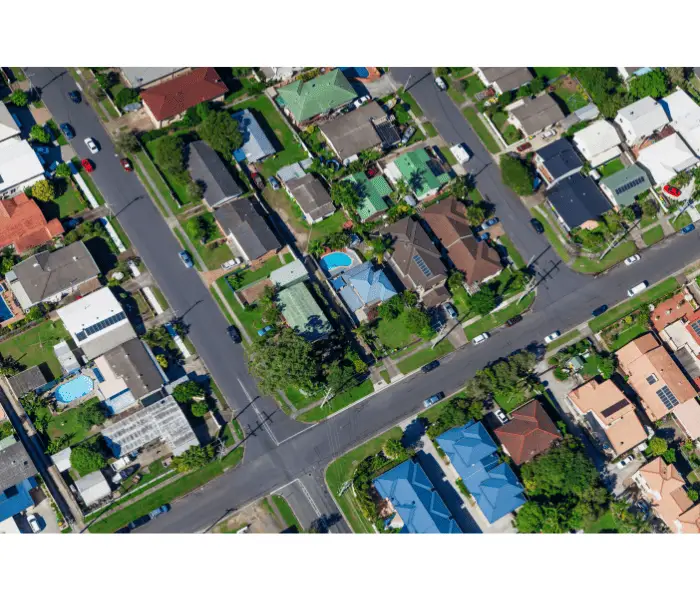
Town vs Suburb
A town is a relatively compact area, housing a population from a few hundred to several thousand. It often plays the role of a regional hub for nearby rural areas. Each town has it’s own governing bodies, blending residential, commercial, and public spaces.
On the other hand a suburb is a residential zone situated on the outskirts of larger cities or towns. These are places where living conditions are much quieter and more spacious, with amenities such as schools and parks being provided.
Is a Suburb a Town?
A suburb is not a town. The suburbs typically depend on the nearby towns for major services and employment opportunities. They are governed under the jurisdiction of a larger city within whose metropolitan area they fall.
Is a Village Rural or Suburban?
While we have established that many suburban areas still consider themselves villages, the traditional idea of a village is very definitely rural.
A village, by tradition, is usually a small rural community with a village green, a pub, a church and a parish hall. And those are still the type of villages the British love best.
The UK is blessed with some of the most beautiful villages in the world. And, yes, most of these villages are rural. In fact, one of the popularly agreed principles of a village is that it is distinct from surrounding towns or cities – it has a green belt or buffer.
So when we think of a village, our mind is drawn to the pretty Cotswold villages of Castle Combe or Snowshill, or to Muker in Yorkshire or Grasmere in Northumberland.
Villages and suburbs may be hard to define precisely but they both have their charms. And those benefits have changed very little over the years. Suburbs are still convenient for city life while villages offer a pleasant refuge from it.

